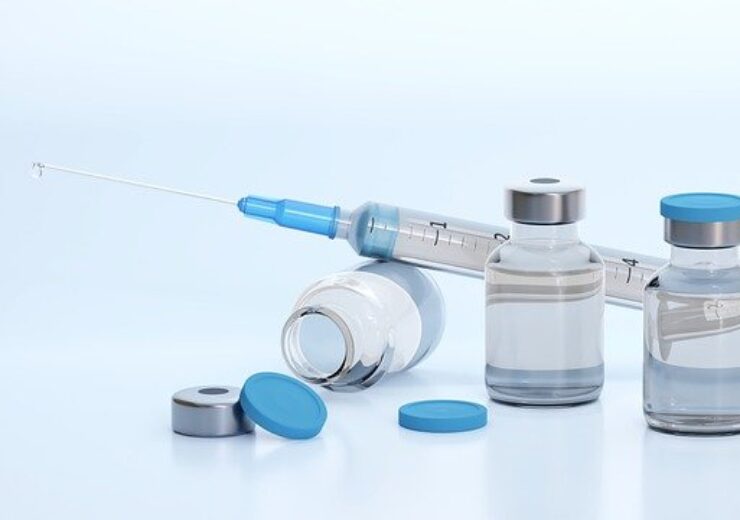The DNA-based vaccines will be delivered intramuscularly in the clinical trial exclusively using the PharmaJet Stratis Needle-free Injection System

PharmaJet Partner Nykode Therapeutics Announces Phase 1/2 Clinical Trial With Next Generation DNA-Based COVID-19 Vaccine Candidates. (Credit: MasterTux from Pixabay)
PharmaJet, the maker of innovative, needle-free injection technology, today announced that one of its pharmaceutical partners, Nykode Therapeutics (formerly Vaccibody) has begun a phase 1/2 clinical trial to specifically address emerging SARS-CoV-2 variants.
The DNA-based vaccines will be delivered intramuscularly in the clinical trial exclusively using the PharmaJet Stratis® Needle-free Injection System.
Nykode Therapeutics is a clinical-stage biopharmaceutical company dedicated to the discovery and development of DNA-based vaccines and novel immunotherapies for the treatment of cancer and infectious diseases. By intelligent design, these vaccines can be tailored to induce the desired immune response profile correlating with protection for each specific disease with any given antigen.
The two next-generation RBD and T-cell based vaccine candidates, developed in collaboration with Adaptive Biotechnologies, are designed to respond to existing and potentially future emerging COVID-19 variants with increased transmissibility and/or infectivity. While the initial focus for both candidates is as a booster vaccine for currently available vaccines, in the future they may consider additional primary and therapeutic applications. Both vaccines will be delivered exclusively needle-free.
“We are pleased that Nykode Therapeutics is moving into clinical trials with their DNA-based COVID-19 vaccines using our PharmaJet Needle-free Injection System,” commented Chris Cappello, President and CEO, PharmaJet. “As the fight continues against COVID-19, the integration of vaccine innovations with more efficacious delivery technologies, like needle-free jet injection, will be crucial for addressing the current and future pandemics.”
Source: Company Press Release
